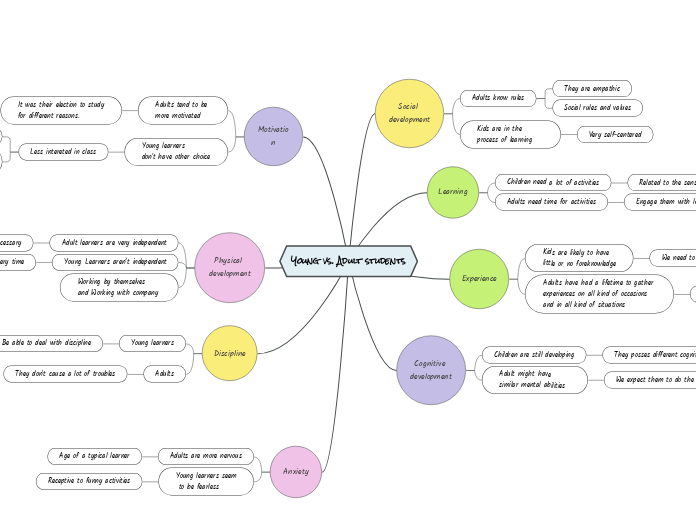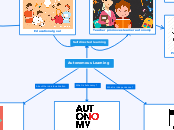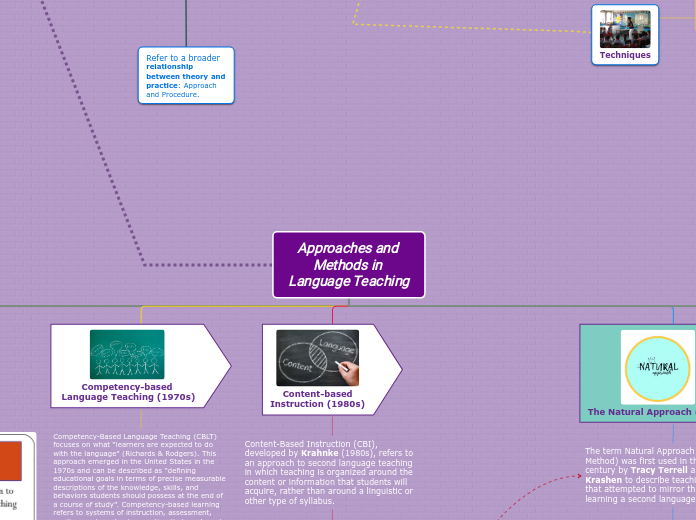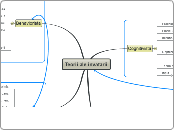por POLO CASTILLO GERALDINE YSABEL Docente SISE 2 anos atrás
119
Young vs. Adult students
The distinctions between young and adult students span several dimensions, including discipline, cognitive and physical development, experience, motivation, anxiety, and social development.









